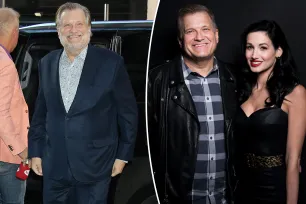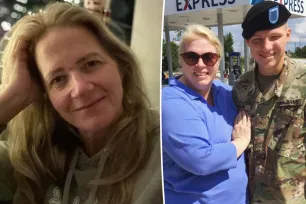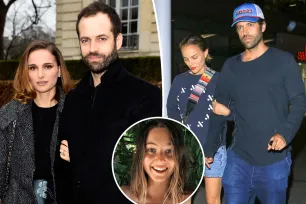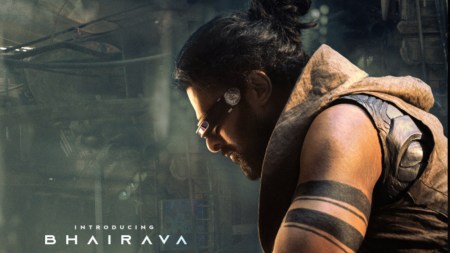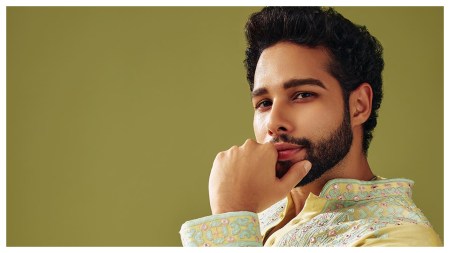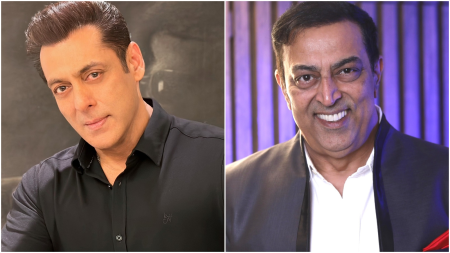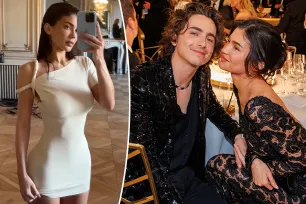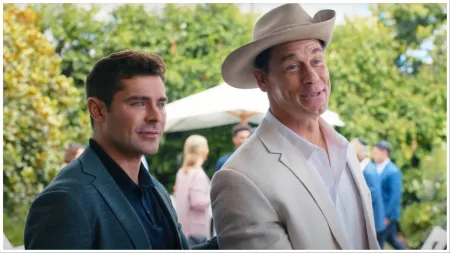Is there love without hurt? And what makes it still worth all the hurt?
That lies at the heart of this poignant film about a middle-aged man dealing with childhood loss, just when attachment of the kind that rarely happens at the age in which he is, is entering his life.

That Adam (Scott) is gay, only adds a subliminal layer to his yearning for a missed family. The novel on which this film is loosely based was about a divorced man and a woman who happen to be neighbours and strike a friendship.
In Adam’s case, the neighbour is Harry (Mescal). They are the sole occupants of one of those soul-less high-rises that mark a big city (in this case, London); such is the loneliness that literally envelops them that the tower is yet to get even security guards.
Harry, who is always a little high on one or the other thing, lands up at Adam’s door one late quiet night — after a fire alarm turns out to be false — offering “some Japanese drink”, and over a handshake that lingers just that bit longer, establishes that Adam is “queer”, like him.
Also Read | The Color Purple movie review: This adaptation is worth your time
As Harry puts it, he prefers the term “queer”, stripped off the negative cliches which have come to be associated with gay.
Harry catches Adam at an off time. A writer, Adam is stuck at the introductory line of a script he is writing based on his own life. A box of childhood photos prompts him to revisit his home in the London suburbs; when he rings the bell, guess who he finds there but his own parents – younger than he is right now (played by Bell and Foy), at the ages when they died. Adam was then 12.
What follows, over several well-meaning snatches, are conversations involving a father and a child, and a mother and a child, as they get to know each other all over again – now all that much wiser — about things they knew and didn’t talk about, and things they said but didn’t know about.
Adam’s mother’s surprise and innocent questioning as to what being gay means now, all these years after her time, is beautifully conveyed by Foy. The father admits he always suspected Adam was a bit “tutti-frutti (not in a disparaging way)”, but felt more comfortable not broaching the issue.
One night, the night Adam remembers as their last night together, his adult self sneaks into their bed, between them, in his pyjama top. Adam tells his mother how he imagined their lives could have been, about going to Disneyland together, it raining constantly, and the three of them fighting. She wonders if she “would have got better at being a parent”, not like how she prayed at that time for him to grow up so that she could have “one good night’s sleep”.
Don’t Miss | Damsel movie review: A dismal drag of a fantasy film from Millie Bobby Brown and Netflix
It’s like the song ‘You were always on my mind’ playing as the three decorate the Christmas tree together – perhaps the most “womanly” thing Adam’s manly father loved doing. Yes, maybe they didn’t love each other “quite often as they could have”, but this is a goodbye with the knowledge that love can come knocking back – if wielding a dubious bottle, into the wee hours.
All of Us Strangers movie cast: Andrew Scott, Paul Mescal
All of Us Strangers movie director: Andrew Haigh
All of Us Strangers movie rating: 3 stars
Disclaimer: The copyright of this article belongs to the original author. Reposting this article is solely for the purpose of information dissemination and does not constitute any investment advice. If there is any infringement, please contact us immediately. We will make corrections or deletions as necessary. Thank you.
